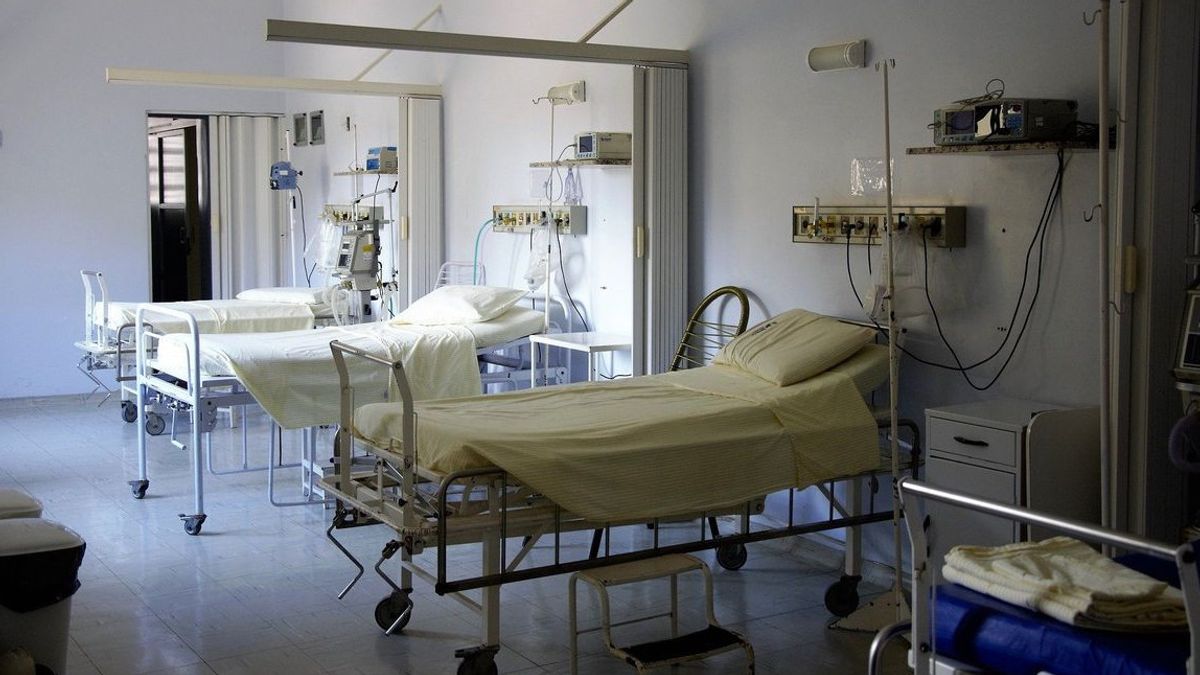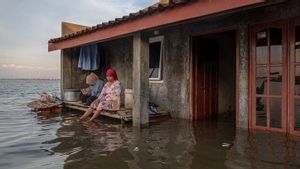JAKARTA - Chairman of the Task Force (Satgas) for Handling COVID-19 Indonesian Doctors Association (IDI) Prof. Zubairi Djoerban said it took many conditions to be able to call acute hepatitis a pandemic.
“This is a difficult question. Its propensity to spread is obvious. However, to call it a pandemic, many other conditions are needed," said Zubairi, quoted by Antara, Friday, May 13.
Zubairi said that cases had spread since October in 2021, now there are 300 cases in about 20 countries. That is, the spread of acute hepatitis is quite fast and can be said to be dangerous.
In addition, if you look at conditions globally, as many as 160 cases in the UK can be cured. However, with a record 11 of them had to do a liver transplant (liver), due to abnormalities in the liver that are very severe and have the potential to cause death. Meanwhile in America, five cases of death from acute hepatitis have been reported.
In Indonesia alone, the Ministry of Health has reported seven cases of death. Although it is known that acute hepatitis spreads quickly and has the potential to cause death, this mysterious disease must continue to be monitored and further investigated.
Moreover, with the presence of Adenovirus, said Zubairi, which besides being able to be transmitted through coughing, sneezing and making pneumonia, it also has the potential to be transmitted through oral-fecal (transmission through the digestive tract that is transmitted through the mouth).
"Although the other adenoviruses can be transmitted through coughing, runny nose and sneezing, including pneumonia, the other adenoviruses are mostly oral-fecal. Although the potential can also be through droplets, the point is that it is not easy to answer this question, but the potential for an outbreak is clear," he said.
However, according to him, the potential for acute hepatitis to become an epidemic is clear. Therefore, he asked all parties to continue to be vigilant and continue to be disciplined in using masks until they get used to it so that health can be maintained, including implementing a clean life.
To parents, Zubairi appealed to immediately take the child to the hospital if the child shows symptoms of acute hepatitis such as diarrhea, stomach pain, yellow eyes, brown urine and pale stools to get immediate medical attention.
“This world is very different from the world three years ago. Everyone is very alert, everyone is used to wearing masks, everyone is more accustomed to maintaining health, maintaining cleanliness. With this change, we expect behavior from the world community, so the risk of it becoming a pandemic, I think, is small. But the risk for a pandemic level is tolerable," said Zubairi.
The English, Chinese, Japanese, Arabic, and French versions are automatically generated by the AI. So there may still be inaccuracies in translating, please always see Indonesian as our main language. (system supported by DigitalSiber.id)













